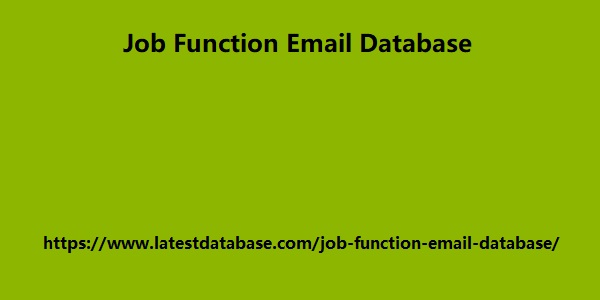Post by account_disabled on Feb 25, 2024 3:29:16 GMT -5
A campaign group representing pub-goers has criticized the decision by Stonegate, Britain's largest pub company, to increase the price of pints during peak trading hours at some of its venues in 20 pence to offset the high costs. The owner of the Slug and Lettuce and Craft Union chains said it had introduced a system of “dynamic pricing” on drinks at around 800 of its locations during evenings and weekends to help cover the cost of additional staff. additional licensing and security requirements. The pub group, which has 4,000 managed, leased and leased pubs across the UK, previously introduced price increases at some of its venues during the 2018 and 2022 football World Cup tournaments, but has now made the measure is permanent. An online review posted by a customer showed how punters were informed by a “polite notice” on their tables explaining that “dynamic pricing is currently available at this location during this peak trading session.” Stonegate's new policy was first reported by the Telegraph.
Tom Stainer, chief executive of the Campaign for Real Ale, a consumer group, called the move “concerning” and added that it could undermine transparency over prices for pub-goers if the message is Job Function Email Database not clearly displayed. “We know pubs and breweries are going through tough times right now, but we don't think an additional charge that penalizes customers who want to support the industry is the right solution,” Stainer said. "Our fear is that it could convince people to stay away." Dynamic pricing, whereby companies flex prices depending on demand levels at certain times, has been commonly used in other industries, notably by airlines and hotel groups, the transportation app Uber, and the ticketing platform. Ticketmaster. For live events, the pricing model has proven deeply unpopular with fans: 71 per cent of Brits oppose dynamic ticket pricing, according to a YouGov poll published in December last year. “Like all retail businesses, we regularly review pricing to manage costs but also to ensure we offer great value for money to our guests,” Stonegate said.

This flexibility may mean that prices may sometimes increase marginally in selective pubs and bars due to increased cost demands on the business with additional staffing or licensing requirements, such as additional door team members.” Stonegate added that using “dynamic pricing” also allowed it to offer deals to customers during less busy trading hours, including 2-for-1 cocktails and discounts on food and drinks. The chief executive of a rival pub said Stonegate's move set a dangerous precedent on price transparency, describing the use of dynamic pricing as "not good in many ways". "Pubs should be transparent with their customers and not rip them off when there are a lot of people," he added. Steven Alton, chief executive of the British Institute of Innkeeping, which represents the independent pub sector, said the move was "indicative of the reality of operating costs at the moment, where pubs are trying to find any opportunity to offer decent margins.
Tom Stainer, chief executive of the Campaign for Real Ale, a consumer group, called the move “concerning” and added that it could undermine transparency over prices for pub-goers if the message is Job Function Email Database not clearly displayed. “We know pubs and breweries are going through tough times right now, but we don't think an additional charge that penalizes customers who want to support the industry is the right solution,” Stainer said. "Our fear is that it could convince people to stay away." Dynamic pricing, whereby companies flex prices depending on demand levels at certain times, has been commonly used in other industries, notably by airlines and hotel groups, the transportation app Uber, and the ticketing platform. Ticketmaster. For live events, the pricing model has proven deeply unpopular with fans: 71 per cent of Brits oppose dynamic ticket pricing, according to a YouGov poll published in December last year. “Like all retail businesses, we regularly review pricing to manage costs but also to ensure we offer great value for money to our guests,” Stonegate said.

This flexibility may mean that prices may sometimes increase marginally in selective pubs and bars due to increased cost demands on the business with additional staffing or licensing requirements, such as additional door team members.” Stonegate added that using “dynamic pricing” also allowed it to offer deals to customers during less busy trading hours, including 2-for-1 cocktails and discounts on food and drinks. The chief executive of a rival pub said Stonegate's move set a dangerous precedent on price transparency, describing the use of dynamic pricing as "not good in many ways". "Pubs should be transparent with their customers and not rip them off when there are a lot of people," he added. Steven Alton, chief executive of the British Institute of Innkeeping, which represents the independent pub sector, said the move was "indicative of the reality of operating costs at the moment, where pubs are trying to find any opportunity to offer decent margins.
